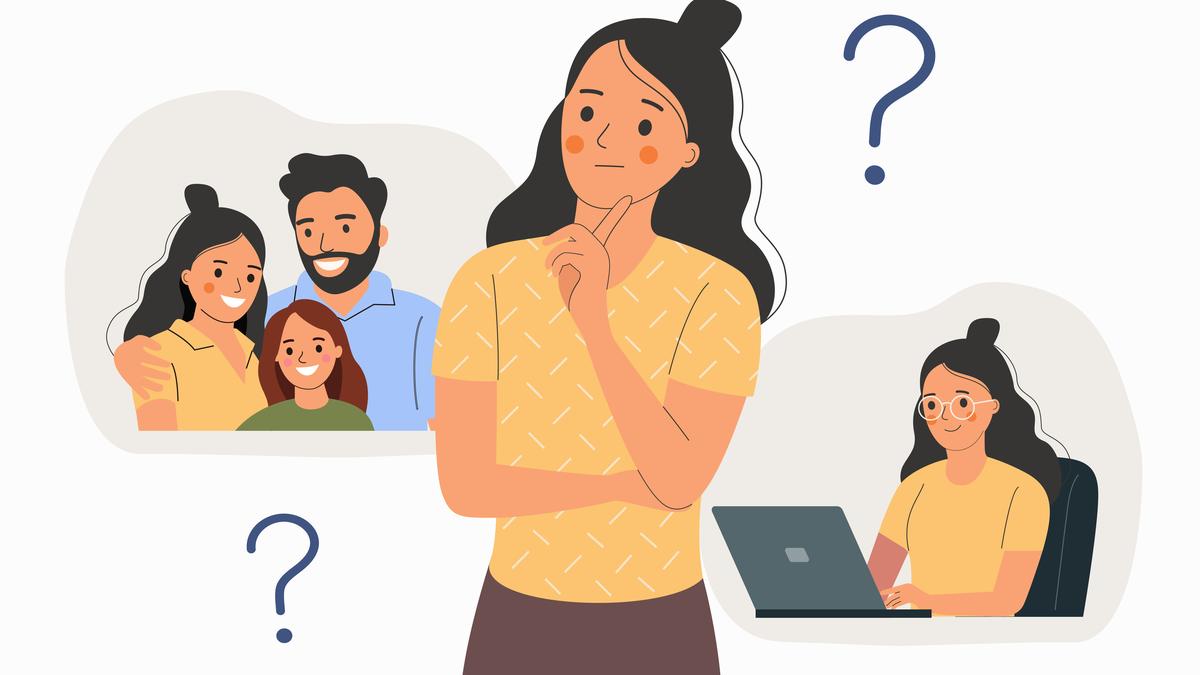By the time a young Indian crosses into the late twenties or early thirties, a familiar chorus begins to surround them. It comes in the form of well-meaning questions, family gossip, wedding invitations pinned with side-eyes, and WhatsApp forwards full of subtle judgment. The question is not if you will get married, but when. And yet, behind the polite smiles and cleverly deflected responses, there is a rising anxiety many young Indians don’t know how to articulate: what if I just don’t want to?
Contrary to how it may appear, the reluctance to marry is not always rooted in selfishness, arrogance or hedonism. For many, it comes from a deep fear. A fear of compromise that erases the self. A fear of replicating the pain they witnessed in their parents’ generation. A fear of financial entrapment. A fear of emotional labour with no promise of reciprocity.
This is a generation raised by people who often did not have the luxury to ask themselves whether they were happy. Many of us grew up watching silent dinners, slammed doors, mothers who shrank, fathers who shouted, or worse, retreated into silence. These were marriages that survived not on love but duty. For a lot of young people today, marriage feels less like a solace and more like a risk.
Take urban India, for example. Conversations with counsellors and therapists in cities confirm a growing trend: a hesitancy to commit not because love is absent, but because the idea of marriage feels outdated, even unsafe.
For women, the stakes are often higher. Marriage still, in many cases, demands an unspoken surrender. Even in seemingly progressive homes, the invisible labour of emotional management, caregiving, and relationship upkeep is quietly assigned to the woman. The fear of losing autonomy is real. Many educated, financially independent women express that while they may fall in love, marriage feels like an institution designed to eventually reduce them.
Men are not exempt either. They are beginning to experience the pressure from a different angle. The burden to provide, to buy a home, to settle into a stable income bracket before even thinking of commitment weighs heavily. In a volatile job market where gig work is common and real estate is unaffordable, the idea of marriage feels like a mountain.
Beyond gender, there is also the caste question. In India, marriage is still largely intra-caste. Over 90% of marriages are still within caste boundaries. Young people who are politically aware and committed to caste annihilation find themselves unable to reconcile love with the violence that underlies most arranged matches. Saying no to marriage, for some, is a quiet act of protest.
Then there is the question of queerness. For queer individuals, marriage is a loaded word. Same-sex marriage is still not legally recognised in India, and even beyond the law, queer people often experience intense familial and societal pressure to “normalise” themselves through heterosexual marriage. For them, staying unmarried is not just a choice, but a mode of survival.
Even those in heterosexual, monogamous relationships are choosing to remain unmarried. Some live together. Some live apart but remain committed. For them, marriage adds a layer of legal and social scrutiny that feels unnecessary. They want the bond without the baggage.
Digital culture adds another dimension. On the one hand, there are dating apps that encourage instant gratification and endless choice, which in turn creates a fatigue and mistrust around relationships. On the other hand, social media constantly bombards us with curated images of perfect weddings and influencer marriages. The gap between these fantasies and the lived realities of conflict, therapy, and compromise makes the idea of marriage feel both too artificial and too heavy.
It’s not that young Indians are against love. If anything, they are obsessed with it. They write about it, sing about it, tweet about it, joke about it. But many want love that is fluid, kind, and negotiated on their own terms. They are not running away from relationships. They are just cautious about entering ones that demand their erasure.
This fear is not to be ridiculed. It should be understood. Instead of rushing young people into matrimony, perhaps it is time to ask why the very thought of it brings so much anxiety. What would marriage look like if it was not the default? If it was not tied to caste, gender roles, or property? If it was truly about companionship, and nothing else?
Not everyone who is afraid of marriage is damaged or immature. Sometimes, fear is wisdom. And sometimes, that wisdom is the first step toward building something better.
sandrajozf@gmail.com
Published – October 05, 2025 04:10 am IST

